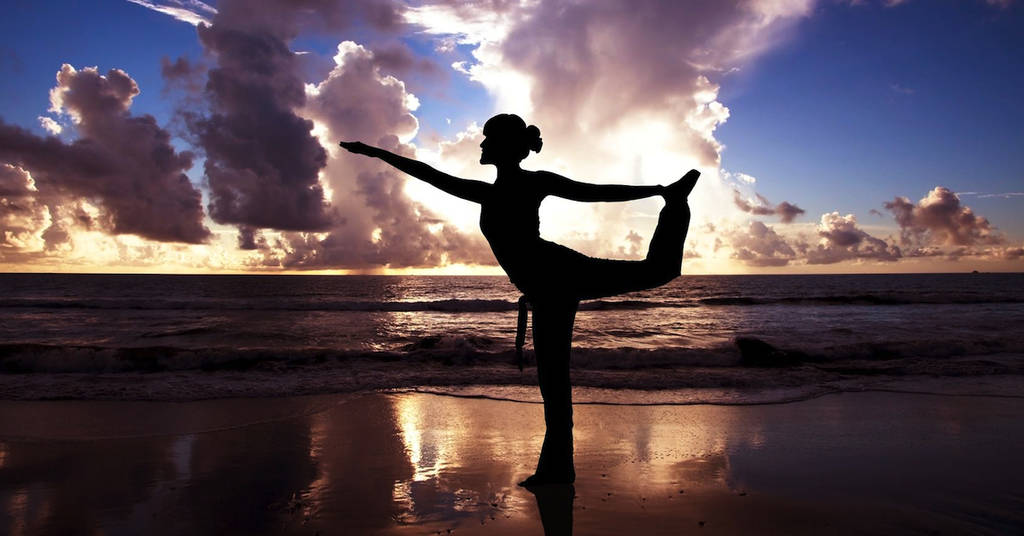If I had a dime for the number of times someone in Alabama asked me if yoga were a religion, I would be a very wealthy woman. This question is one that arises a lot in all regions of the country, but especially in the Bible Belt where religion is a very important component of daily living. As a practicing yogini in the south, how does one address this question with a “yoga-like” answer? Well, it’s simple…yoga is NOT religion.
To answer this question, I respond by looking to the roots of yoga. Yoga began over 5000 years ago as a philosophy, or a science, and a spiritual and physical practice. The very word “yoga” means to “yoke” or to unite the body and mind in harmony. Yoga, as a practice, seeks to correlate all aspects of living as it relates to those around us. Yes, there are some spiritual commonalities between the practice of yoga and of most organized religion, but yoga has no gods to worship or services to attend. Yoga has no statement of religious beliefs. There is no profession of faith. Yoga has no institutional structure or leaders or rules.
What yoga, in the classical tradition, DOES have, however are the Yamas and the Niyamas. These are the moral and internal restraints that regulate our inner lives. The five Yamas are non-violence, truth, not stealing, moderation, and non-greed or hoarding or to take only what is necessary. The Yamas are the moral virtues that, if attended to, purify human nature and contribute to health and happiness of society. The Niyamas are personal observances. They refer to an attitude that we adopt for ourselves to live soulfully and joyfully no matter our circumstances. The Niyamas include purity, contentment, disciplined use of our energy (keeping our bodies fit and healthy), self-study or self-reflection, and celebration of the spiritual.
The Yoga Sutras, the most commonly cited text that forms the foundation for all forms of yoga, make no specific theological claims. The non-sectarian nature of this text has allowed it to remain solid for over 1500 years and allows freedom from religion, therefore making yoga a positive for anyone. The adaptability of modern yoga makes it diverse and flexible enough to be practiced with religion or with no religion. There are as many reasons why people do yoga as there are types of people that do yoga. They range from the secular, practical, body-oriented people to the most spiritual people and anything and everything in between. Yoga serves all these types because its teachings are universal.
Yoga in schools, in the south, especially, is a hot topic because many people do not understand the facts and have a fear of the unknown. However, research demonstrates that yoga can have a direct influence on children’s physical and mental health, as well as concentration and self-awareness. Yoga can awaken a child’s brain and promote creativity and a sense of calmness. Yoga, for just 10 minutes a day, in the classroom can benefit the social and emotional well being of our children. By giving the gift of yoga to children we give them tools to carry with them for the rest of their lives. So, my question to the naysayers is, why wouldn’t you support the overall nurturing of our children? Check out a YogaKids class before you cast your stones.

